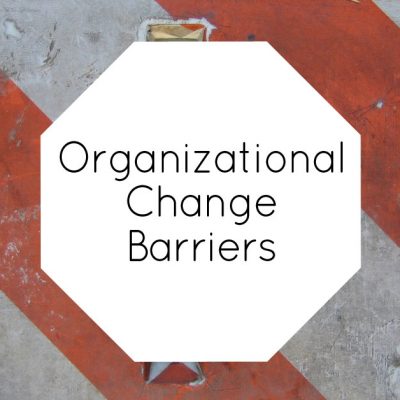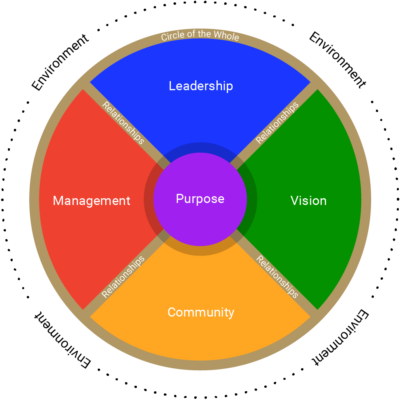
Engagement by the senior leader and the leadership team is a key ingredient in successful intentional change work.
When we work with clients in an intentional change process (sometimes called change management process), one of our first steps is making sure the senior leader and leadership team have an understanding of what it means to commit to intentional change work. We make sure there is engagement in seeing the change process through to the end.
If we determine that the senior leader and leadership team are not truly committed to seeing a change process through, we do not take on the assignment of assisting the organization with transformative change. The organization may be ready for transformative change, but if the commitment is not there to stay the course, we have determined that it is better not to get started, than to participate in a change process that will be aborted. Aborted change processes, especially those that have achieved real involvement from the staff, leave people with feelings of betrayal and abandonment, the results of which are difficult to overcome for years.
Engagement Means Real Commitment
Engagement in a change process doesn’t just mean being excited to get started. Engagement means real commitment to the entire process.
Think about new parents and their commitment to their new baby. When a baby is born, the parents are very committed to the baby. It doesn’t necessarily mean that they understand that they are committed to that new human being for a lifetime and all that this might mean. As that baby grows to adulthood, there are challenges along the way to the commitment. There can be situations in which the commitment gets a little (or a lot) shaky. The commitment to the baby gets visited again and again with a new question of commitment to every stage.
The topic of engagement is an interesting one when examining commitment to something that is changing. When a senior Executive Team makes a commitment to staying the course throughout the change process, no matter how rocky it gets, it is making that commitment at a fixed point in time, about a continuum. In other words, it makes the commitment when it is viewing its present reality of the organization. This cannot be a true guarantee of commitment as the change unfolds. There may be other points in time through the change process in which the commitments may be much shakier, despite the firm initial commitment.
Thus, establishing initial engagement to our satisfaction is not a guarantee of ongoing commitment, it is simply an indicator of the greater likelihood of ongoing commitment and of greater likelihood that the change work will not be aborted.
Engagement Beyond the Leadership Team
Is it important to have engagement for organizational transformation from others in the organization? Ideally, time and activities are built into the change process to allow the opportunity to establish engagement for the organizational transformation throughout the organization. However 100% engagement is not necessary.
According to Critical Mass Theory, if even a 10% critical mass of the organization is engaged, it is possible to have organization wide alignment behind a change effort. However, the 10% critical mass must include a maximum mixture in the organization. In other words, the critical mass cannot be all in one department or business unit or layer of the organization.
Although organization wide engagement is ideal, we have not found it to be necessary to achieve successful organizational transformation. What we have found true consistently is that if the senior Executives are not behind the change, we cannot achieve success. If the senior Executives stay the course, it is possible to bring the others in the organization along. It simply may be a little more challenging, and possibly more painful, if there is not organization wide engagement at the outset.
Photo Credit: Robert Proksa | FreeImages.com











Leave a Reply
You must be logged in to post a comment.